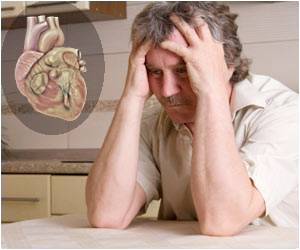The effects of stress and trauma persist in war veterans, even when they do not face any threat or danger, suggests new research.
In a study carried out at the NYU School of Medicine, researchers have shown that post-trauma effects persist in certain regions of the brain of war veterans even in the absence of any immediate danger or in the absence of any cognitive or emotional tasks.The study, led by Xiaodan Yan, hopes to create a better understanding of brain function and also to develop better treatment options to cope with post-traumatic stress disorder (PTSD).
PTSD is a chronic condition that is commonly seen in those who have been traumatized by a natural calamity or a tragic event. This condition is characterized by the patient reviving flashbacks or very disturbing memories and nightmares even after a long time after the event has taken place; in some people, who are particularly sensitive, it could lead to emotional instability too!
During the course of the study the resting brain activity in 104 Iraq and Afghanistan combat veterans was analyzed. Functional MRI was employed to assess the blood oxygen levels in these persons. It was found that the resting or spontaneous brain activity in the amygdala was considerably higher in the 52 war veterans with PTSD than in those without the condition. It must be noted that the amygdale is the part of the brain involved in "fear circuitry," and which processes emotions such as fear and anxiety.
This group also showed increased brain activity in the anterior insula of the brain that controls the sensitivity of a person to pain and other negative emotions.
The PTSD group also showed reduced activity in the percuneous, which is a structure that is tucked between the two cerebral hemispheres of the brain and helps to link information from the past and the future. This reduced activity, is especially observed during times when the mind is not actively engaged, and is correlated with the patient re-experiencing trauma in the form of flashbacks and nightmares.
The result of the above study has been published in Neuroscience Letters.















